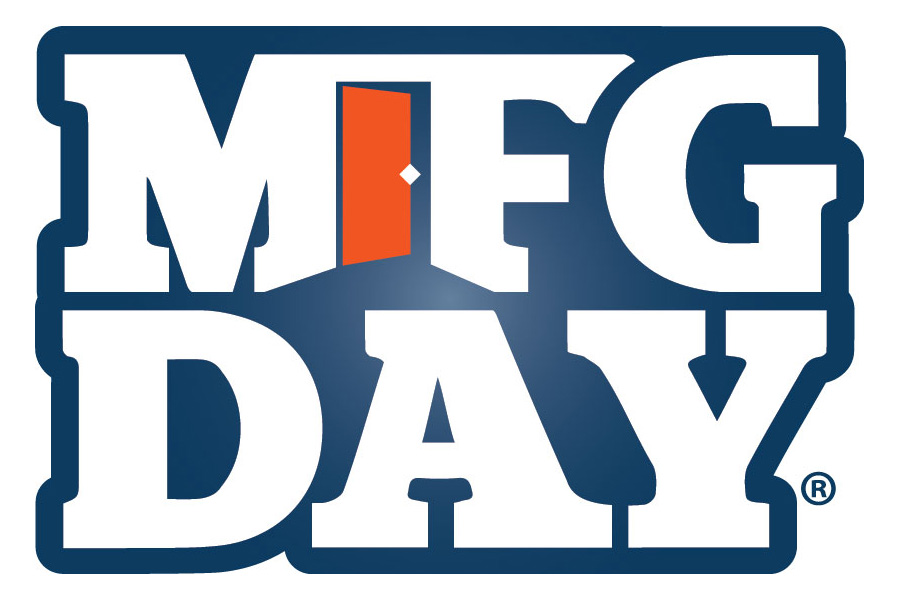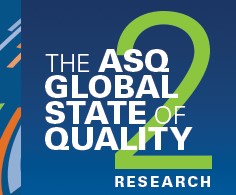Yes, there are a lot of definitions of quality; some are more related to objective facts while others to more subjective feelings. The truth is that dictionary definitions (dictionary.com) are usually not enough in helping quality professionals to understand the concept.
In addition, every quality expert and every single person defines quality in a bit different way depends on the situation they are experimenting, the environment and the criteria/point of view they apply.
After analyzing the most well-known quality definitions, it’s clear that there are 2 main meanings of the word quality. Based on Joseph Juran’s definition mixed with the other ones, I came up with the following definition:
“Quality is:
1. A characteristic of a product or service that bears on its ability to satisfy and exceed* stated or implied customer needs, and thereby provide customer satisfaction.
2. Freedom from deficiencies.”
The next table shows a summary of the most well-known quality definitions in the business environment.
As you will see, everyone expresses the same meaning using synonymous. In order to not be confused, here is the definition again, with the synonymous you can find in the table:
“Quality is
1. A characteristic / feature / property of a product or service that bears on its ability to satisfy / meet / fulfill / be conformance to and exceed* stated or implied customer / consumer / user needs / wants / requirements / expectations, and thereby provide customer / consumer / user satisfaction.
2. Freedom from/free of deficiencies”
|
GURUS / EXPERTS
|
||
|
Walter A. Shewhart
|
“There are two common aspects of quality.
– One of these has to do with the consideration of the quality of a thing as an objective reality independent of the existence of man (objective side: focus on the properties of the product, independent of what the customer wants).
– The other side has to do with what we think, feel or sense as a result of the objective reality (subjective side: what the customer wants).”
|
|
|
Philip B. Crosby
|
“Conformance to requirements.
Measurements are taken continually to determine conformance to those requirements. The nonconformance detected is the absence of quality”
|
|
|
W. Edwards Deming
|
“The consumer is the most important part of the production line. Quality should be aimed at the needs of the consumer, present and future.”
“The difficulty in defining quality is to translate future needs of the user into measurable characteristics, so that a product can be designed and turned out to give satisfaction at a price that the user will pay”
|
|
|
A.V. Feigenbaum
|
“Quality is the total composite product and service characteristics of marketing, engineering, manufacturing and maintenance through which the product and service in use will meet the expectations of the customer”
|
|
|
Kaoru Ishikawa
|
“We engage in quality control in order to manufacture products with the quality which can satisfy the requirements of consumers. The mere fact of meeting national standards or specifications is not the answer. It is simply insufficient”
|
|
|
Genichi Taguchi
|
“Quality is the loss (Taguchi loss function) a product causes to society after being shipped…other than any losses caused by its intrinsic function”
|
|
|
Joseph M. Juran
|
“Two meanings dominate the use of the word quality:
1. “Quality” means those features of products which meet customer needs and thereby provide customer satisfaction.
2. Quality means freedom from deficiencies.”
——————————————————————————
3.“Fitness for use”
|
|
|
STANDARDS – ORGANIZATIONS
|
||
|
ISO 8402:1996
(Quality Management and Quality Assurance Vocabulary standard)
|
“Quality is the totality of features and characteristics of a product or services that bears on its ability to satisfy stated or implied needs”
|
|
|
ISO 9000:2000
(Set of International Quality standards and Guidelines for Quality Management Systems)
|
“Quality is the degree to which a set of inherent (existing) characteristics fulfils requirements.”
|
|
|
ASQ
(American Society for Quality)
|
“A subjective term for which each person or sector has its own definition. In technical usage, quality can have two meanings:
1. The characteristics of a product or service that bear on its ability to satisfy stated or implied needs;
2. A product or service free of deficiencies.”
|
|
There have been efforts to find a short phrase that would clearly define the word “quality”, but it is unlikely that any short phrase can provide the depth of meaning needed by managers who are faced with choosing a course of action.
What is important to highlight is that quality in the business environment can not have an interpretation as the superiority of something, as could be on the customer perspective.
(*) the reason why I added the word “exceed” into the quality definition is because if we only say “meeting customer expectations results in a satisfied customer”, then there is not competitive advantage in that; e.i. every restaurant will satisfy customers needs, but only those that exceed customers expectations (deliver larger than expected portions or lower than expected prices, etc) are the ones the customers are going to go, and therefore have a competitive advantage over the restaurants that only satisfiy customers.
– As a business: you want to meet and exceed customers expectations to keep your business alive in the competitive world.
– As a customer: you want to be satisfied and delighted
Continue Part 2/2 here.





3 Comments
silver ajalaye · March 17, 2012 at 7:09 pm
quality is simply exceeding the ceiling of consumer,s expectation giving them a satisfaction that is far above their expectation.
Peter W.M. van Nederpelt · June 18, 2012 at 7:47 pm
According to Object-oriented Quality and Risk Management (OQRM) model, quality is the set of attributes of an object.
http://www.oqrm.org/English
Jimena Calfa · June 18, 2012 at 10:22 pm
Thanks Peter for sharing your thoughts.
I'll check your publications, for sure.
Keep in touch!
Comments are closed.